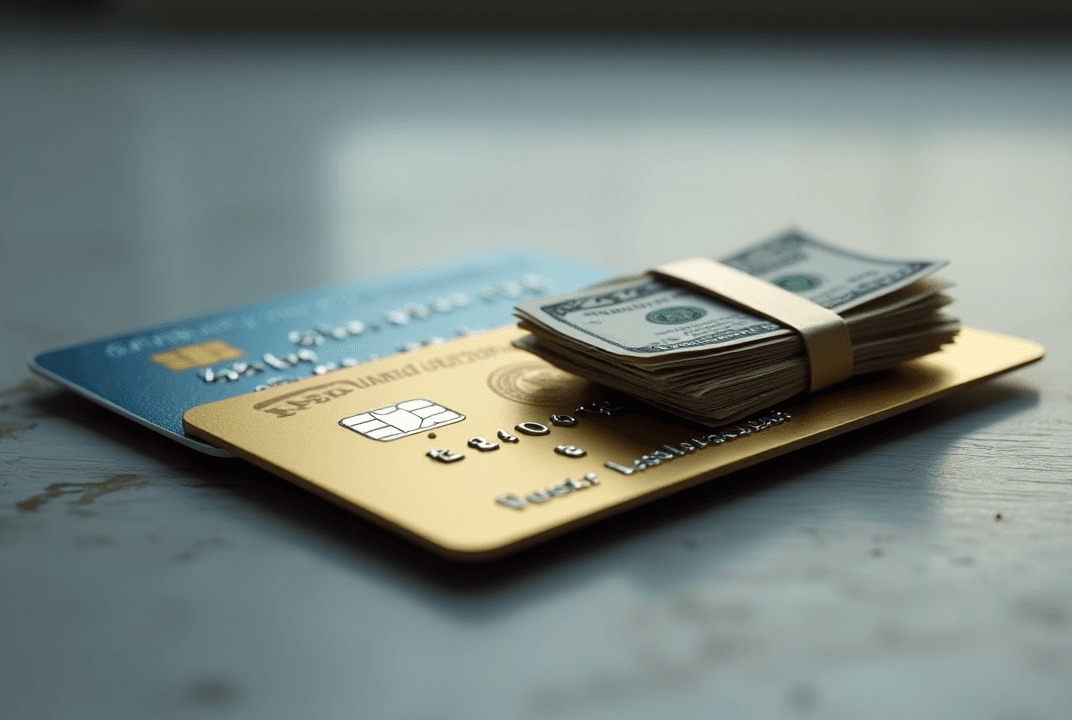

Everything You Need to Know About Personal Loans
 LAST EDITED BY ULFATH JOAD ON AUGUST 21, 2024.
LAST EDITED BY ULFATH JOAD ON AUGUST 21, 2024.






Products on our platform | Details |
|---|---|
Unified Payments Interface (UPI) | Epifi Technologies Pvt. Ltd ('Epifi Tech') is a Third-Party App Provider ('TPAP') - and acts as a service provider and participates in UPI through a Payment Service Provider ('PSP') Bank (Federal Bank). |
Savings Account and Deposits | Federal Bank offers savings account, fixed deposits and smart deposits to users on the Fi App (through Epifi Tech). Users' savings account and deposits are securely opened with Federal Bank. |
Cards | Fi Brand Pvt. Ltd. markets and distributes co-branded cards in partnership with Federal Bank and Visa. Cards are issued by Federal Bank. |
Loans | Epifi Tech facilitates loan distribution and acts as a lending service provider and/or digital lending application for various Banks, registered NBFCs and NBFC-P2P ('Lenders') List of Lenders. |
Mutual Funds | Epifi Wealth Pvt. Ltd. ('Epifi Wealth') is a registered investment adviser and provides a platform for mutual funds investment. Epifi Wealth has partnered with MFCentral to provide mutual funds analyser to users. |
Loans Against Mutual Funds | Epifi Tech in partnership with regulated entities including Epifi Wealth and Bajaj Finserv provides a platform for loans against mutual funds. |
US Stocks | Epifi Tech has partnered with US stock broker Alpaca Securities LLC to provide users the option to invest in US stocks. |
Connected Accounts | Epifi Wealth (as a financial information user), in partnership with Finvu and Onemoney, provides users the option to link their existing financial accounts on Fi. |
Credit Analyser | Epifi Tech (as a non-specified user) in partnership with Experian and CIBIL provides insights on users' credit scores |
Fi-Coins | Fi-Coins are earned under a reward programme for engaging with products and services on the Fi App. |
Fi Store | Fi-Coins can be redeemed on products and services listed on Fi Store such as merchandise, gift cards, air miles, among other things. |
Insights
1. Net Worth: Helps users get a view of their financial Net Worth — in accordance with their assets & liabilities
2. Wealth Maximiser: Analyses your finances, shares financial reports to make informed money decisions
These products are governed by our Terms and Conditions, Privacy Policy, and any other product and partner specific terms and conditions as communicated to you.
©epiFi Technologies Pvt. Ltd. 2025
Fi is a money management platform that offers the perfect solution for all your financial needs. The Federal Bank Savings Account offered through Fi is an online savings account that you can open in 3 minutes! It goes beyond online account opening, as it has helped reimagine the banking experience in India
Through Fi, you can do more: apply for an instant personal loan, pick from many types of Mutual Funds, select the best SIP to invest in US Stocks, apply for a forex-free Debit Card (works for select account plans) to use while travelling abroad, analyse/improve their portfolio, get a 360-degree view of your spend insights and take steps building wealth.
You can also utilise Fi's free personal loan resources, such as the Personal Loan and EMI calculator, before proceeding to the quick loan application process. All of this is why over 35 lakh Indians feel that Fi is the only financial app you will ever need.









